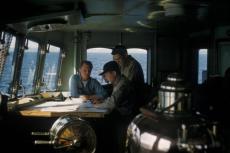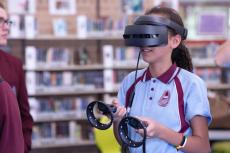A recent incident during a wreck dive highlighted the importance of the Paralenz Dive Camera – and its associated smartphone app – as an aid to scuba diving safety.
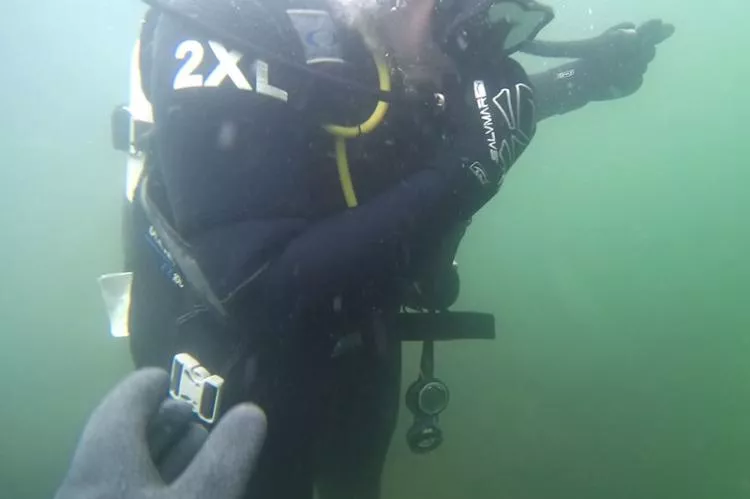
The Incident
Three divers of varying levels of experience were participating in a 25m-deep wreck dive, in cold water and wearing drysuits. The least experienced member of the team showed signs of nervousness underwater, and hence the team decided to end the dive. Unable to locate the anchor line, however, they decided to surface using their SMBs.
All three divers were reunited on the boat, and both of the divers who ascended too rapidly were put on oxygen as a precaution, before being transported to the hospital.
As they began their ascent, the least experienced member of the dive team forgot to dump the air from his drysuit, and immediately began a rapid, uncontrolled ascent. The other two divers continued to ascend until, at around 18m, one of them also lost buoyancy control ascended rapidly to the surface. The most experienced diver remained calm and continued with a safe ascent.
The Aftermath
The dive team leader was wearing his Paralenz, which was switched on for the duration of the entire dive. While the boat headed for shore, he downloaded the dive log to his smartphone using the Paralenz’ inbuilt WiFi connection. Screenshots of the dive profile were made, which were used to discuss the situation with the emergency team at the local hospital.
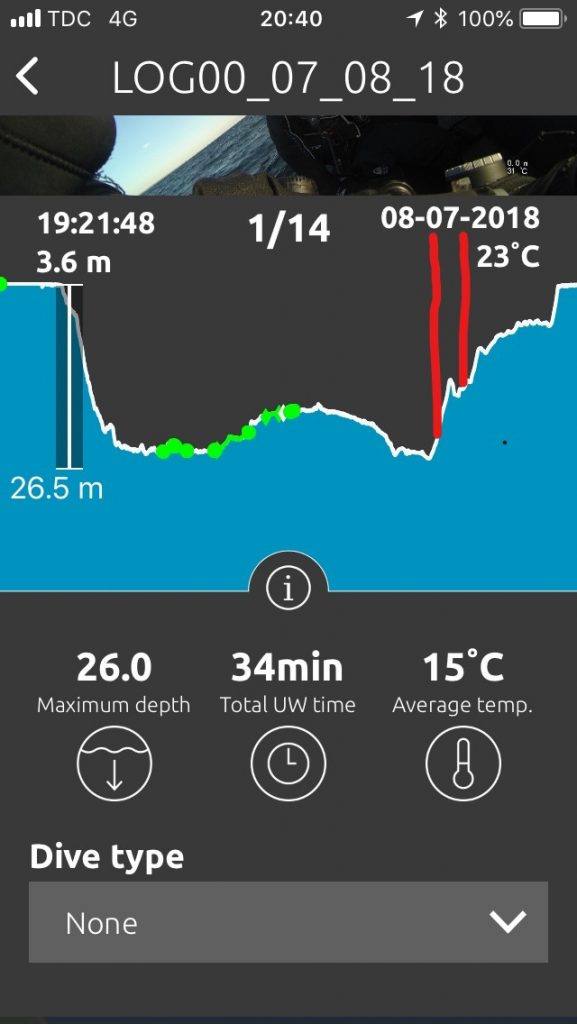
Dive profiles provide essential information to emergency services when dealing with any incident that might result in a decompression injury. Decompression Sickness (DCS, or the ‘bends’) and lung over-expansion injuries can easily occur during a rapid, uncontrolled ascent. Although most new models of dive computer have the capability to download dive profile information, many of them require cables or Bluetooth adaptors, and not all of the associated logging software is compatible with smartphones. With the Paralenz, this information, along with the overlay of depth and temperature, can be made immediately available. Furthermore, video footage of the incident could potentially help to save lives.
Task Loading
Task loading is a problem particularly associated with scuba diving safety. Having too many things to do means that divers can often lose focus on their surroundings and other important information such as depth, time and air supply while they concentrate on something else. This is especially a problem when things don’t quite go to plan.
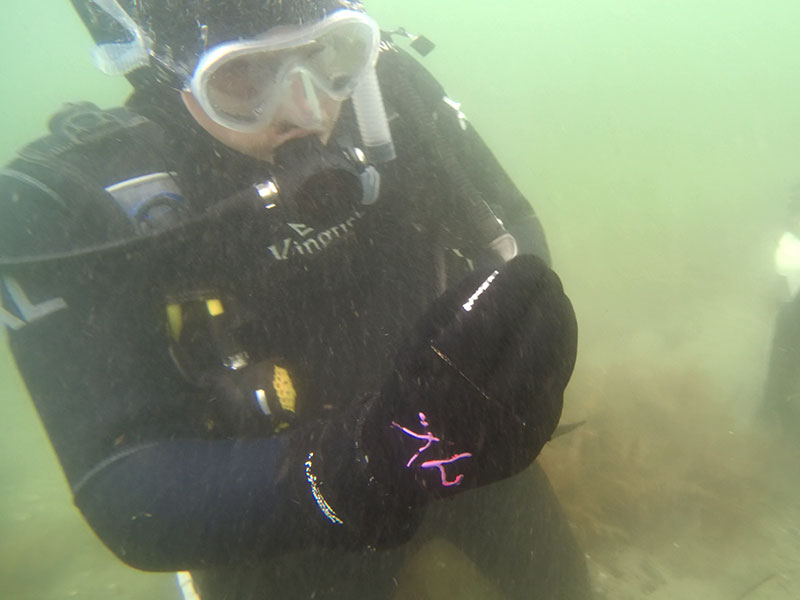
Dive professionals know all too well how cameras can affect a diver. Underwater photography can significantly reduce a diver’s ability to control their buoyancy and rapidly increase their air consumption. The fear of losing or damaging an expensive camera can impact their ability to perform other tasks such as – for example – inflating an SMB when necessary.
Although each individual task in itself may not be difficult, in combination they can cause serious problems. One advantage that the Paralenz has over other models is that it can simply be strapped to a mask. There it will remain untouched for the duration of a dive. Its simple modes of operation and inbuilt features such as the automatic depth colour correction facility (DCC) means there are no filters or white-balance settings to fiddle with. These are particularly important for less experienced divers for whom task-loading can become a more serious problem.
Conclusion: Diving Safety
As with all scuba diving, safety is of paramount importance. Reducing the amount of time spent on any task which has an impact on a diver’s situational awareness is never a bad thing. Having a dive camera that can immediately report all of the most important dive information to medical personnel, perhaps with recorded footage to accompany it, is an excellent addition to the toolbox of scuba diving safety. Did you find this information useful? Make sure to stay tuned for more and don’t forget to join the community on our Paralenz World Facebook Group!
















